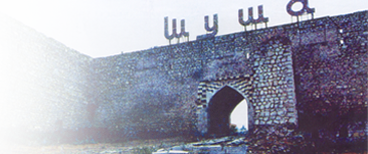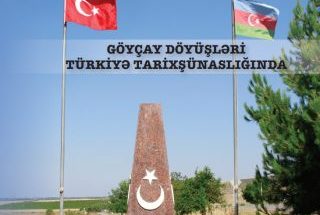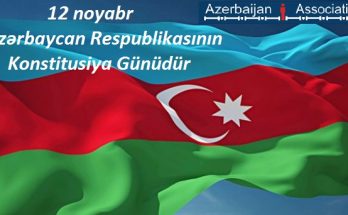 Director of Russian-based Center for Post-Soviet Studies Aleksey Vlasov spoke in an interview.
Director of Russian-based Center for Post-Soviet Studies Aleksey Vlasov spoke in an interview.
– According to the OSCE Minsk Group co-chairs, Armenian and Azerbaijani presidents’ Chisinau meeting was positive. Is it possible that meetings marked some significant progress in the settlement of Karabakh conflict?
Aleksey Vlasov: I would be cautious while making a prediction, since the situation around the settlement of the conflict is very complicated, and I have insufficient information to make optimistic predictions. But, given the reaction of OSCE Minsk Group co-chairs and better-informed western journalists to the meeting outcome, we can say that there is progress.
The challenge now is to maintain a positive line, and I think the next 3-4 months will see the form of the agreements outlined publicly on this issue.
Q: As you know, President of Armenia Serzh Sargsyan was met by the Armenian diaspora not entirely positive. The Armenian diaspora in every way against the signing of the Armenian-Turkish protocols. Could this affect the signing of these protocols scheduled for tomorrow?
A: While contacting colleagues from Yerevan, I have heard this point of view – the position of the diaspora should be respected, but at the same time, still the main point here should be the position of those who live directly in Armenia itself. The position of the diaspora and those who live in Armenia vary considerably regarding both normalization of relations with Turkey and settlement of Nagorno-Karabakh conflict.
I think that the diaspora factor must necessarily be taken into account, but I think it will have decisive impact neither on the negotiations between Baku and Yerevan and nor talks between Yerevan and Ankara. But diaspora factor can slow down complicate the negotiations.
Q: Can the negative attitude of the Armenian diaspora to the protocols be assessed as lack of interest in the further development of Armenia?
A: This question is rather of methodological nature. The topic of “genocide” in 1915 was one of those topic that hold the unity of the Armenian population with other representatives of this nation in different parts of the globe. The diaspora is concerned that the refusal to recognize the “genocide”, if this topic will be included in the negotiations with Ankara, may be the beginning of the collapse or weakening of these invisible internal connections that existed within the Armenian diaspora.
Let me stress again that those who live in Armenia have rather different reasons related to the fact dialogues should anyway be continued by more civilized methods based not on the visible hostility, but on cooperation and collaboration. There are different approaches to development prospects.
Q: Turkish President Abdullah Gul stated recently the possibility of Turkey’s refusal of EU admission plans. Do you think this statement means change in Turkey’s policy?
A: I recently returned from Turkey where I conducted a series of meetings with representatives of the influential political forces in this country, and have the same impression that neither opposing political forces nor the ruling party have a unified position on this issue. It is difficult to make definite conclusions until the moment when it becomes clear that the position of Gul is position which is supported by a majority within the party and the majority of Turkish society.
/Day.Az/



